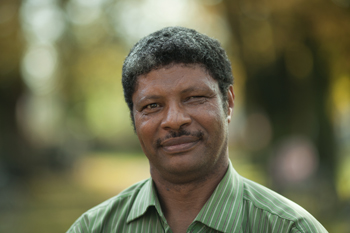Conceptualizing Internationalization of Higher Education and the Academic profession in Centre and periphery: A Comparative Analysis of Europe, Asia-Pacific and Africa
Conceptualizing Internationalization of Higher Education and the Academic profession in Centre and periphery: A Comparative Analysis of Europe, Asia-Pacific and Africa
General View of the Project
Since the second half of the 20th century, world higher education has experienced continuing changes in funding, management, enrollment, equity, quality, internationalization, scope, role and function. Fullan (2009) has described the last four decades of the 20th century as characterized by major “change forces” that have affected the public sectors including higher education.
Agendas for higher education
Due to the changing trends of the socio-economic sectors, many governments around the world have launched various agendas for higher education/ university reform on the understanding that the future lies in the development of an idea-driven competitive global knowledge economy. Universities are expected to undertake research and to transfer research findings into innovative products and to produce a highly skilled workforce. Universities are considered as the centers of strategies in the new economic regimes. In this regard, for instance, Europe has established a European Research Area (ERA) and a European Higher Education Area (EHEA) to compete efficiently in the global knowledge economy. Likewise, other strategic instruments were also devised in the other corners of the world. The competition is becoming stronger. There is also international cooperation. There has been a general understanding that the emerging center of power has been Europe, however, the center seems to shift to the Asian Pacific, and particularly East Asia (Qiang, 2003).
This project
Therefore this project will try to analyze the dilemma that internationalization of universities and higher education institutions pose for academic life in small countries in Europe, Asia, Latin America and Africa. It also tries to investigate how the policy of internationalization of higher education helps the transformation of universities globally, regionally, and institutionally. Moreover, the project will analyze the regional similarities and differences or diversities in the process of higher education internationalization. It will try to unpack the practicalities and academic consequences and impacts of unequal higher education internationalization.
